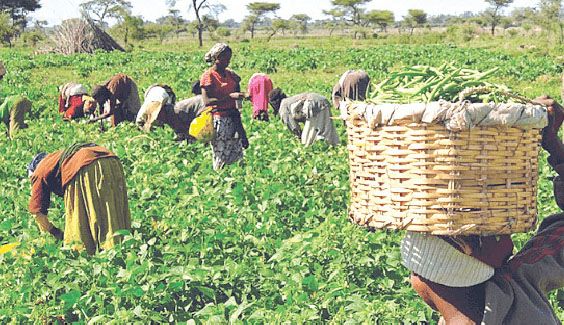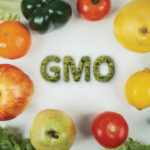Experts have raised the alarm on the state of Nigeria’s food system, warning that the increasing presence of genetically modified organisms (GMOs) poses significant risks to human health, the environment, and the economy.
They maintained that GMOs are not the solution to the hunger in the country, saying 70 per cent of the food eaten in the world is produced by small-scale farmers, and not industrial planters.
The experts advised government to support small-scale farmers, build rural infrastructure, put in place durable systems for storage and processing of local foods for farmers to earn good money.
The professionals spoke at a capacity-building programme tagged, Human Rights, Food Justice and Sugar Sweetened Beverages (SSB), organised by the Corporate Accountability and Public Participation Africa (CAPPA) in Lagos, yesterday.
Specifically, Director of Health of Mother Earth Foundation (HOMEF), Nnimmo Bassey, noted that access to safe and wholesome food is a fundamental human right, yet Nigerians are being exposed to GMOs without their knowledge or consent.
He stated that over 20 GMO varieties have been approved in Nigeria, with some already in circulation, and many more imported as finished products. He also highlighted the lack of transparency in the approval process, with risk assessment reports not allegedly made available to the public.
He urged government to invest in supporting small-scale farmers, who produce 70 per cent of the world’s food, rather than relying on industrial farming and GMOs.
Also speaking, CAPPA’s Executive Director, Akinbode Oluwafemi, lamented the chemicalisation of foods, saying it is a disaster on the health of the people.
“When you throw open our food system to GMOs, you are affecting the local communities, public health communities, and as well the community livelihoods as a whole.”
On his part, Public Health Specialist, University College Hospital (UCH) and University of Ibadan (UI), Dr. Francis Fagbule, condemned the secrecy around GMOs, noting that consumers need an informed decision on what they want to eat.













